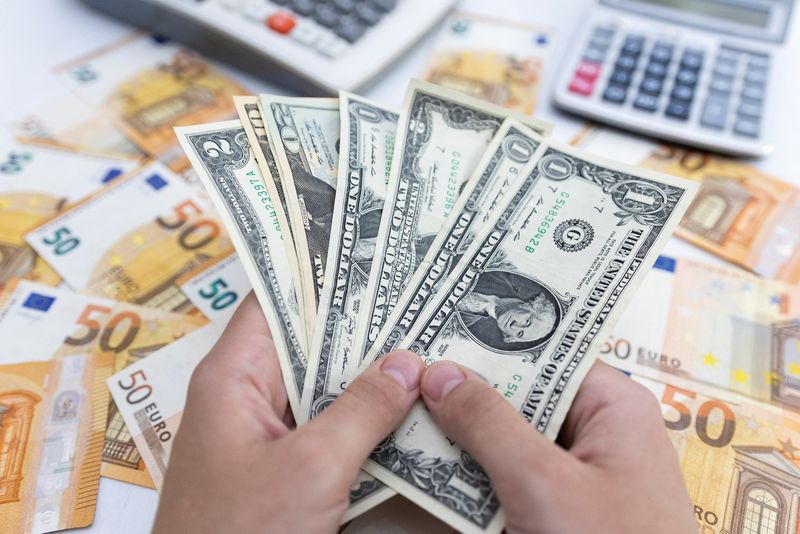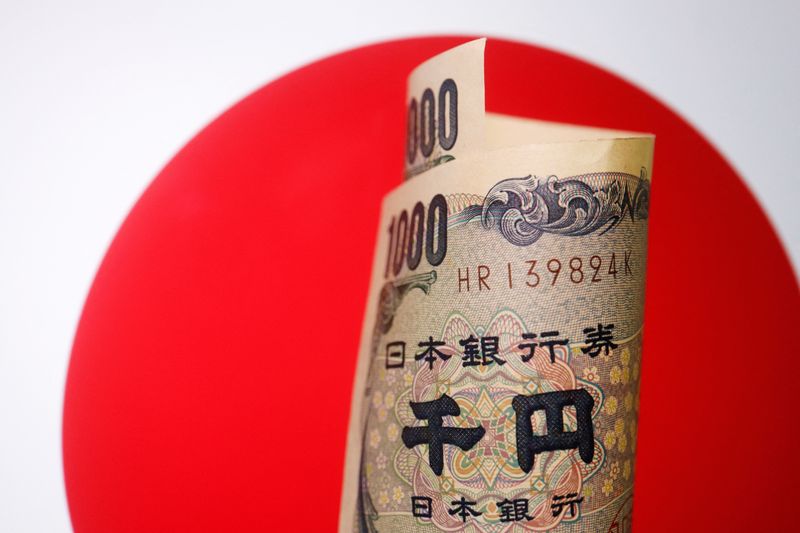By Samuel Indyk
LONDON (Reuters) - The euro rose on Monday as markets focused on European Central Bank tools to fight fragmentation in the currency bloc, shrugging off the risk of political gridlock in France for now after President Emmanuel Macron lost an absolute majority in a parliamentary election.
Macron's Ensemble alliance secured the most seats in the National Assembly but fell well short of the absolute majority needed to control parliament, final results showed.
Analysts and traders looked past the election result to focus instead on the ECB's attempts to contain borrowing costs in the bloc's south and the global monetary policy outlook.
"Even though a Macron presidency and majority in parliament would be very positive for euro zone cooperation and so forth, it's more for the long term, it's not something that affects markets here and now," said Ingvild Borgen Gjerde, FX analyst at DNB Markets.
"There's two things that are very important to the euro: What sort of anti-fragmentation tool the ECB can come up with, and the outlook for monetary policy."
ECB President Christine Lagarde reaffirmed on Monday plans to raise the ECB's interest rates twice this summer while fighting widening spreads in the borrowing costs of different euro zone countries.
The euro was last up 0.4% against the dollar at $1.05365.
The dollar was little changed at 135.03 yen, after hitting 135.44 yen in Asia Pacific trading hours, close to Wednesday's peak of 135.60, the highest since October 1998.
The dollar index, which measures the greenback against a basket of six currencies including the euro and yen, fell 0.4% to 104.31 but remained close to a two-decade high of 105.79 hit on Wednesday when the Federal Reserve raised interest rates by 75 basis points in an attempt to tame high inflation.
Fed Chair Jerome Powell will testify before the Senate and the House on Wednesday and Thursday this week.
Trade was likely to be light through Monday as U.S. stock and bond markets closed for the Juneteenth public holiday.
Risk-sensitive currencies such as the Australian and New Zealand dollars jumped 0.5% and 0.4% respectively as risk sentiment stabilised after volatile trading last week.

The dollar lost 0.3% to 0.96685 Swiss francs, while sterling ticked up 0.3% to $1.2256.
Leading cryptocurrency bitcoin edged 1.6% higher to $20,882, after touching a low at the weekend of $17,592.78, a level not seen since late 2020.
